This section is for paid subscribers only. Our subscription is only $3700/- for one full year.
You get unlimited access to all paid section and features on the website with this subscription.
Subscribe to read full article
This section is for paid subscribers only. Our subscription is only $37/- for one full year.
You get unlimited access to all paid section and features on the website with this subscription.
Not ready for a full subscription?
You can access this article for $2, and have it saved to your account for one year.
- Release Date1940
- GenreSocial
- FormatB-W
- LanguageHindi
- Run Time140 mins
- Length3846.88 meters
- Number of Reels14
- Gauge35 mm
- Censor RatingU
- Censor Certificate NumberU-463/53-MUM
- Certificate Date15/10/1953
- Shooting LocationBombay Talkies Studio, Malad
This is the story of a rebel band - a band of two whom chance and chivalry made known to each other, love joined together and no man could put asunder.
This is the story of Vijay and Jamuna: the one, by conviction, a declared rebel against worn-out social beliefs the other, by circumstances, a refugee from society's shady transactions. In their rebellion, they were persecuted; in their victory, they were acclaimed by the persecutors themselves.
It all began when Vijay was at college. A rich young man, equally well-endowed with intellect and moral courage, Vijay made no secret of his belief that marriage without love was an abhorrence. This naturally brought him into conflict with his co-student Loknath Dada who was a pillar of conservatism, a pillar that neither logic nor commonsense could shake. Between these two men of opposite views, was Jagdish. Ties of friendship drew him towards Vijay, while his social instinct dragged him towards Loknath.
It was Jagdish's hope that Vijay's beliefs might not have to pass beyond their club debates. So that, when the challenge to action came, it found Jagdish unprepared.
The challenge came in the shape of a young woman hunted by a brutal man, while Vijay and Jagdish were having a midnight stroll. Vijay promptly gave the girl protection and took her home. Jagdish would have none of it and slunk away. That girl was Jamuna.
In the eyes of Jagdish and Loknath - and so of the rest of the world - the circumstances under which Vijay had met her, branded her a fallen woman. In the eyes of Vijay, the only person to enquire into the truth, Jamuna was a pure woman and a courageous heroine.
Companionship converted chivalry into love; and despite Jamuna's gallant offer to eliminate her own existence, she found her life joined to that of Vijay. It is a customary belief that marriage ends all, as it does in a comedy; the truth is the reverse. It begins everything. With Vijay and Jamuna, it began an era of social persecution and, simultaneously, of the steady building of the edifice of faith. Vijay left college and settled down with Jamuna in a far-off Ratanpur.
To Loknath, the events gave a new tub to thumb upon. To Jagdish,it meant the tragic end of a cherished friendship. It was long before he realized that friendship can have no end.
It was as long as twenty-five years. Each of the three men had gone his own way. Loknath continued his career as a stalwart reactionist. Jagdish built up a flourishing legal practice in Calcutta; married, had a daughter, and lost his wife. Vijay and Jamuna were blessed with a brilliant boy who took a medical degree with high honours. For twenty-five long years, Vijay saw nothing of his college companions. It was now given to his son, Anand, to be the instrument of fresh contact in circumstances no less dramatic than those of their parting.
On his way to Calcutta for post-graduate training, Anand, a chip of the old block, happened to earn the profound gratitude of a father by rescuing his daughter from the hands of a tain dacoit. Perhaps it was as well that he did not realize that the father was Jagdishm and that Jagdish did not disclose to him the story of his own friendship with Vijay. Jagdish had not quite changed his attitude towards his former friend, but sheer gratitude compelled him to invite Anand to his house in Calcutta.
It may be somewhat natural to guess at the romance between Anand and Jagdish's daughter Seeta, but the turn of events that ensued from it was such as to prove the adage that fact is often stranger than fiction. To anticipate them here, would be to rob an essentially dramatic screen narrative of its supremest element of surprise. It should be enough to say that quiet faith brought a tumultuous triumph to Vijay and Jamuna; and that the discords of the past lent poignant sweetness to the harmony that was now established. The union of the rebel's son with the detractor's daughter symbolized that harmony, and among those who blessed, it was Loknath Dada himself.
[from the official press booklet]
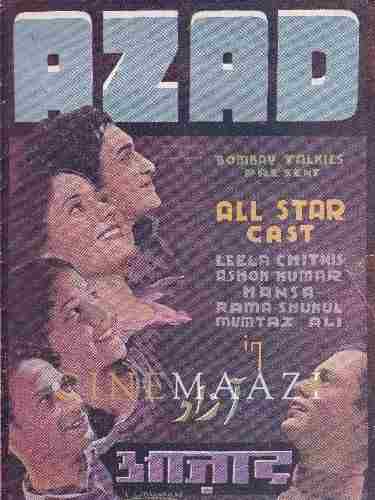
Cast
-
Leela Chitnis
Jamuna -
Ashok Kumar
Vijay -
Rama Shukul
Anand -
Mumtaz Ali
Ganesh -
Nazir Bedi
Loknath Dada -
Arun Ahuja
Jagdish -
Hansa Wadkar
Seeta
Crew
-
BannerBombay Talkies Ltd, Bombay
-
Director
-
Producer
-
Dialogues
-
Lyricist
-
Music Director
-
Cinematography
-
Costumes
-
Editing
-
Story Writer
-
Laboratory/ Processed atBombay Talkies Studios




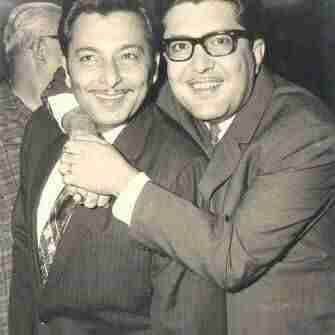
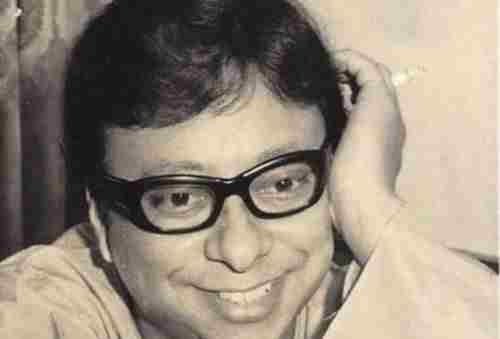
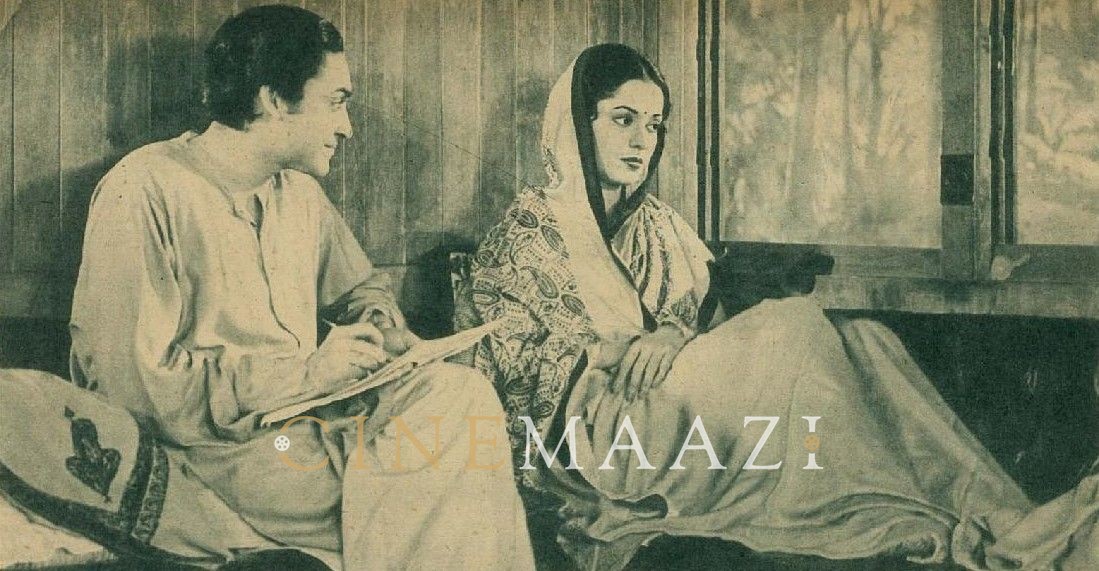



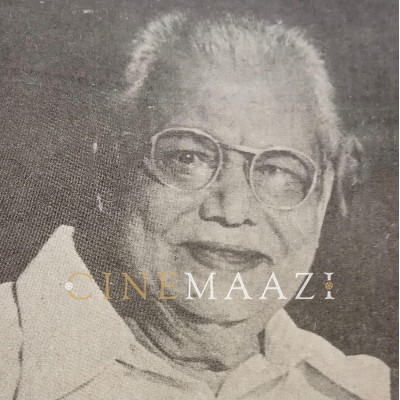
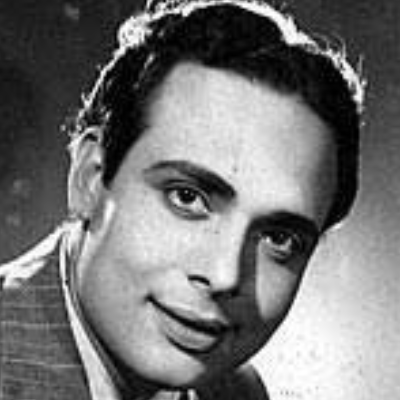
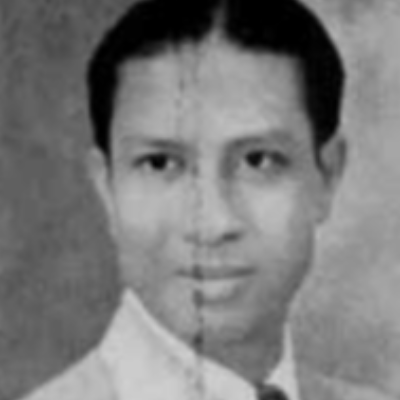
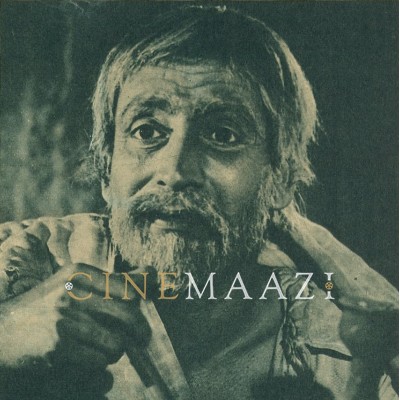
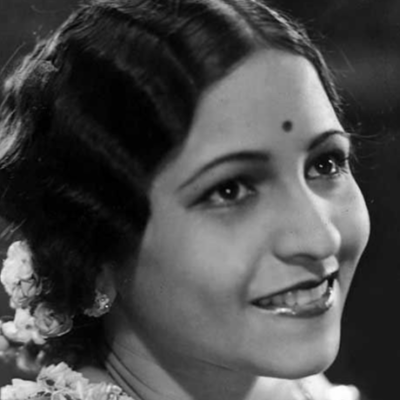
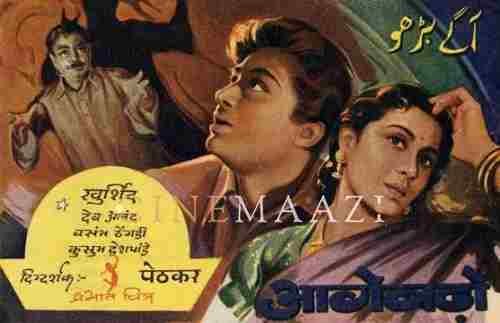
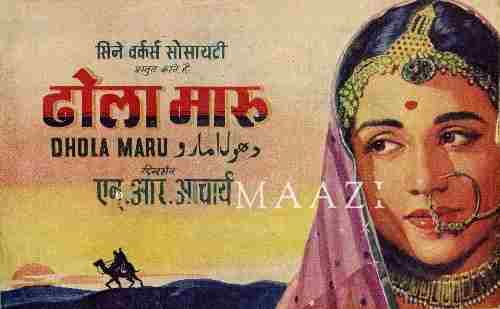
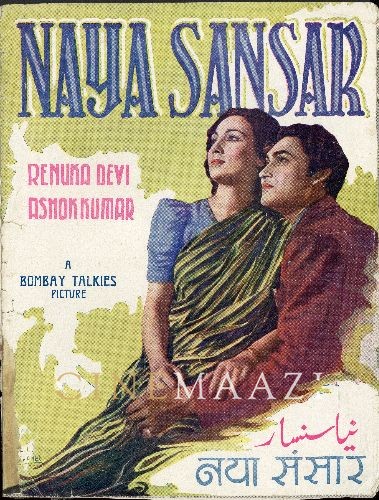
.jpg)


